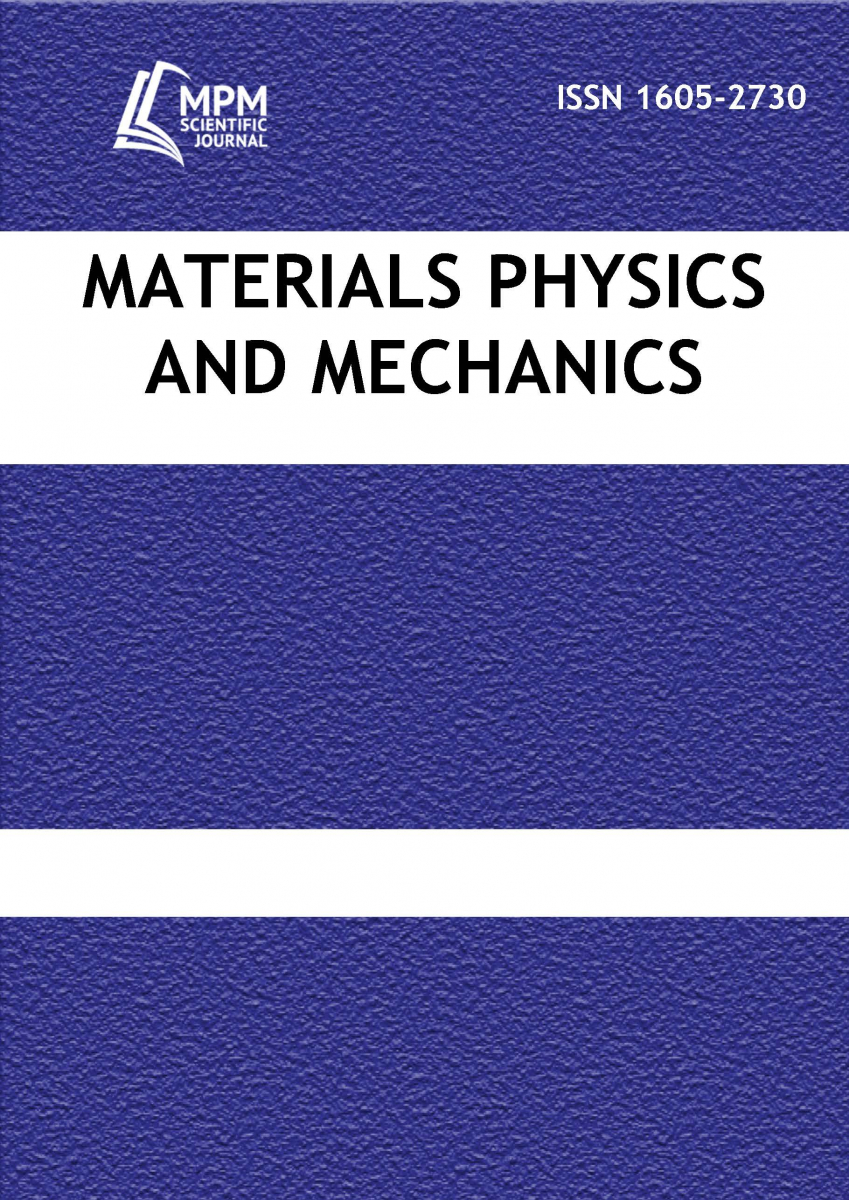Moment-membrane theory of elastic cylindrical shells as a continual model of deformation of a single-layer carbon nanotube
One of the key tasks in the study of two-dimensional nanomaterials (fullerenes, nanotubes, graphene) is to explore their mechanical properties: bending, vibrations, and stability. For the study of such problems, it is essential to construct both microscopic and macroscopic models of the deformation behavior of such materials. Based on the three-dimensional moment theory of elasticity, the moment-membrane theory of elastic cylindrical shells is constructed as a continual model of deformations of a single-layer carbon nanotube. The axisymmetric deformation of an elastic cylindrical shell is studied, and numerical results are presented. Further, a moment-membrane technical theory of elastic cylindrical shells is constructed, on the basis of which the stability of the initially axial compressed state of a carbon nanotube is studied, and the critical load value is numerically determined.
The article was prepared based on the report presented at the Symposium "Micromechanics of Functional Materials" at the XIII All-Russian Congress on Theoretical and Applied Mechanics.


